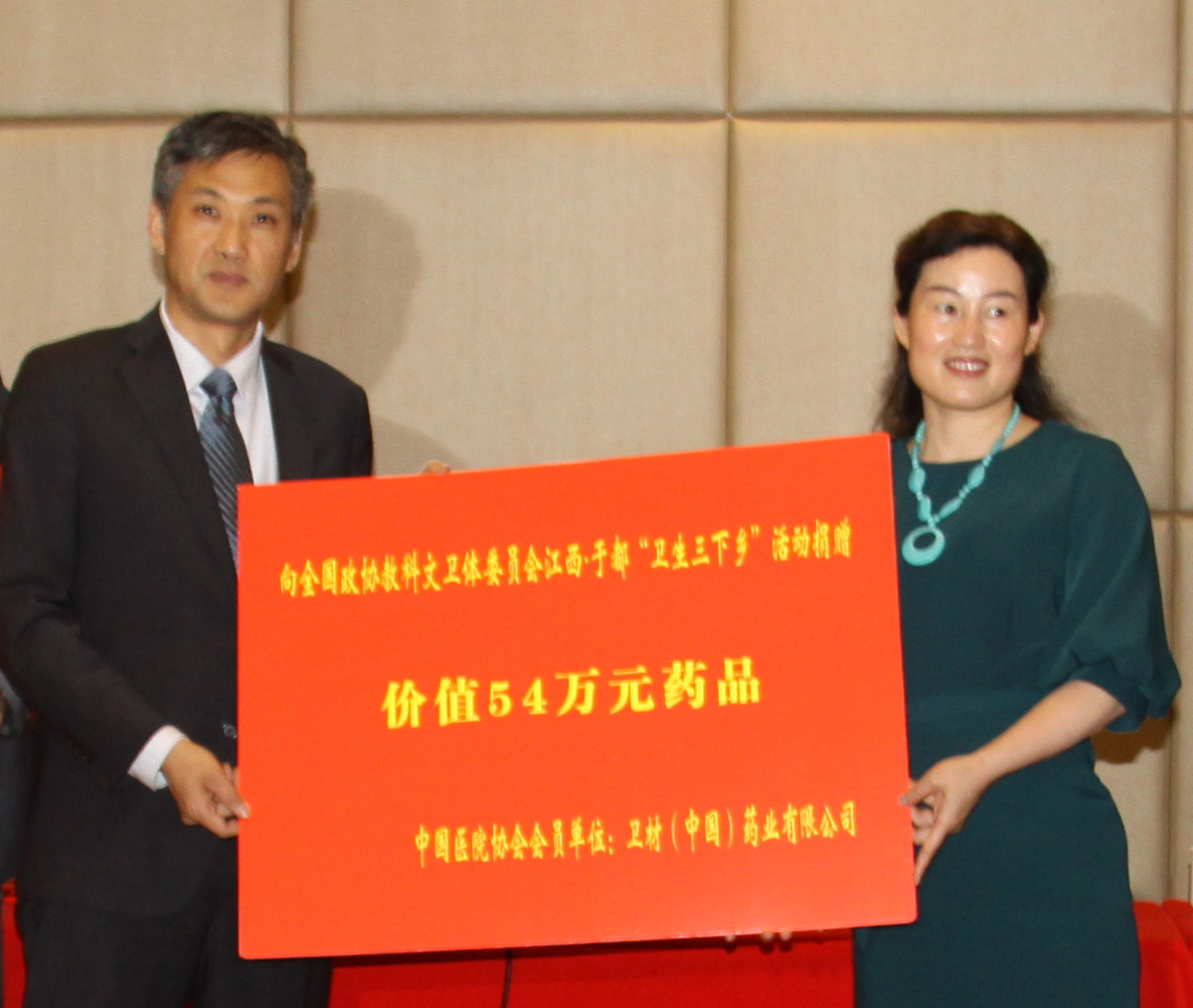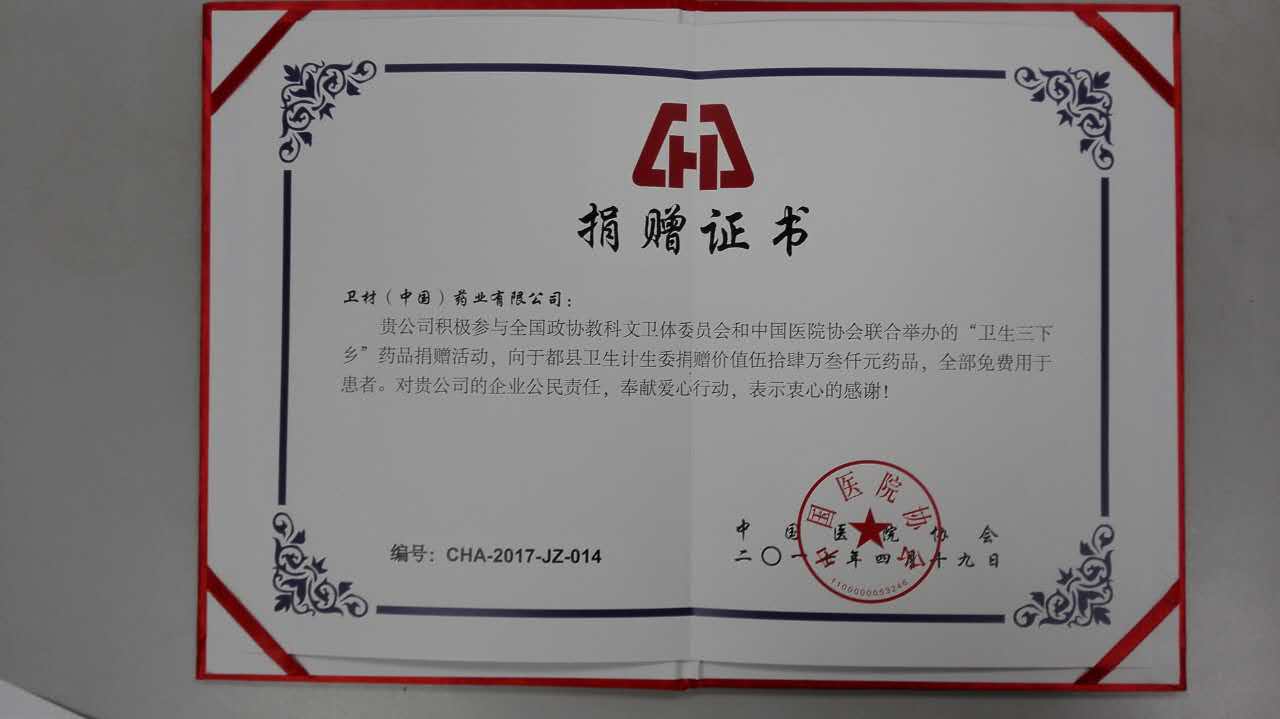EISAI TO PRESENT RESULTS OF PHASE Ib/II STUDY OF ANTICANCER AGENT LENVIMA® (LENVATINIB) IN COMBINATION WITH ANTI-PD-1 ANTIBODY PEMBROLIZUMAB FOR THE TREATMENT OF ENDOMETRIAL CARCINOMA AT 53RD ASCO ANN
Eisai Co., Ltd. (Headquarters: Tokyo, CEO: Haruo Naito, “Eisai”) announced the first results for metastatic endometrial carcinoma obtained from a Phase Ib/II study (Study 111) of its in-house developed multi-kinase inhibitor lenvatinib mesylate (product names: Lenvima® / Kisplyx®, “lenvatinib”) in combination with the MSD (known as Merck & Co., Inc, Kenilworth, NJ, USA in the United States and Canada) anti-PD-1 antibody pembrolizumab (brand name: KEYTRUDA®*), during a presentation at the 53rd Annual Meeting of the American Society of Clinical Oncology (ASCO), taking place in Chicago, the United States. The two companies are collaborating to develop this combination therapy. Study 111 is being conducted to evaluate the activity of the lenvatinib/pembrolizumab combination in select solid tumors.
The presentation covers an analysis of a combined total of 23 endometrial carcinoma patients over both the Phase Ib and Phase II parts of the study, who had previously undergone at least one chemotherapy regimen. After being treated with a combination of lenvatinib and pembrolizumab, the results of the analysis showed the primary endpoint of objective response rate was 52.2% (95% Confidence Interval [CI] = 30.6 – 73.2) based on an independent radiologic review (IRR) and 47.8% (95% CI: 26.8 – 69.4) by investigator review.
The secondary endpoints of clinical benefit rate** were 65.2% (95% CI: 42.7 – 83.6) by IRR and 73.9% (95% CI: 51.6 – 89.8) by investigator review. Disease control rate***were 91.3% (95% CI: 72.0 – 98.9) by IRR and 95.7% (95% CI: 78.1 – 99.9) by investigator review. Median progression-free survival was 9.7 months (95% CI: 4.2 – NE) based on investigator assessment and was not reached by IRR. Median duration of response was not reached at the time of analysis.
Anti-PD-1 antibodies are generally more effective in patients with a high frequency of microsatellite instability (MSI), a biomarker that results in dysfunctional DNA mismatch repair, and less effective in other patients. However, in this study, the combination therapy resulted in tumor response regardless of the state of their MSI.
The most frequently observed adverse events for the combination regimen (Top 5) were hypertension, fatigue, arthralgia, diarrhea, and nausea.
Endometrial cancer is the sixth most common cancer in women worldwide, with 320,000 new cases diagnosed in 2012. In the United States, it is estimated that approximately 60,000 women will be newly diagnosed with endometrial cancer, and approximately 10,000 women will die from the disease in 2017. Therefore, this remains a disease with significant unmet medical needs and necessitates the development of new treatments.
Eisai positions oncology as a key therapeutic area and is aiming to discover revolutionary new medicines with the potential to cure cancer. Eisai remains committed to generating scientific evidence aimed at maximizing the value of lenvatinib as it seeks to contribute further to addressing the diverse needs of, and increasing the benefits provided to, patients with cancer, their families, and healthcare providers.
* KEYTRUDA® is a registered trademark of Merck Sharp & Dohme Corp., a subsidiary of Merck & Co., Inc. Kenilworth, NJ, USA.
** Clinical benefit rate: Percentage of patients who had complete response, partial response, or maintained disease stability for 23 weeks or longer.
*** Disease control rate: Percentage of patients who had complete response, partial response, or maintained disease stability for 5 weeks or longer.


